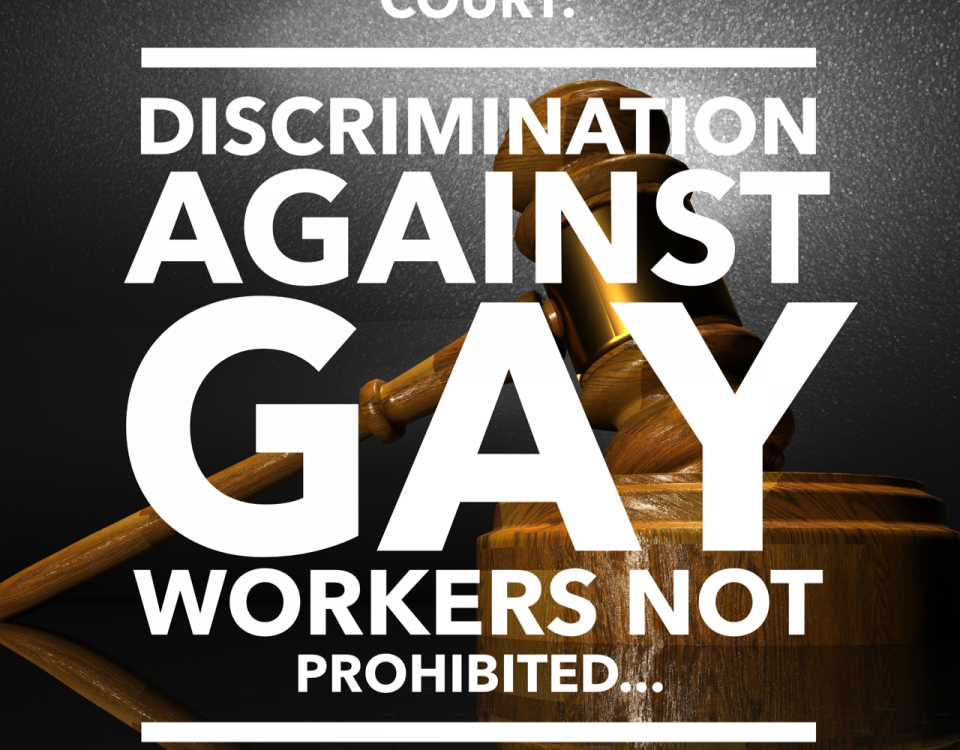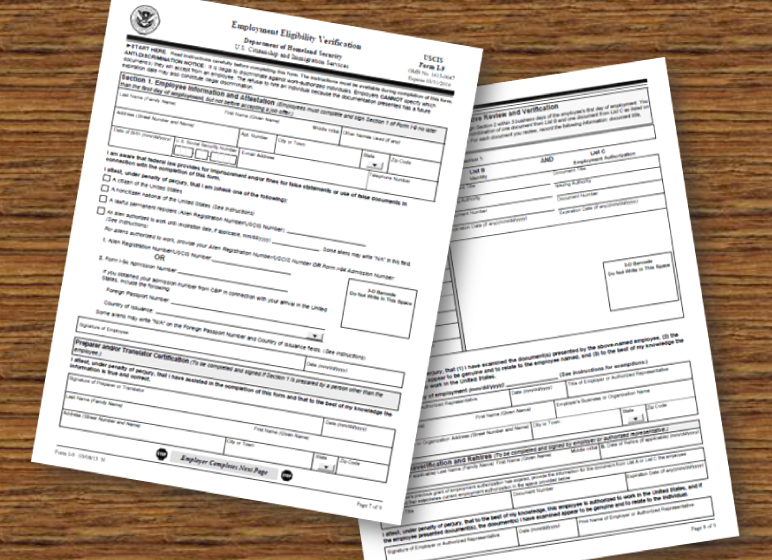
Sharon Larry: Member Spotlight (May 2018)
May 1, 2018
Terry Lee, II: Member Spotlight (June 2018)
June 4, 2018What’s the Impact of the Recent 6th Circuit’s Ruling?
A federal appeals court has extended the nation’s main federal employment discrimination statute to cover transgender and transitioning employees, the 6th Circuit Court of Appeals ruled in Stephens v. R.G. & G.R. Harris Funeral Homes, Inc. that employers cannot discriminate against such employees without violating Title VII. The appeals court also rejected the employer’s argument that its religious beliefs should shield it from such discrimination claims, opening the door for other applicants, employees, and former employees to avail themselves of statutory anti-bias law.
This is the second ruling from a federal appeals court to demonstrate the evolving nature of Title VII obligations. The 2nd Circuit Court of Appeals became the second appellate court to hold that Title VII barred discrimination on the basis of sexual orientation. It’s a clear demonstration that employers’ attitudes about LGBT issues need to adapt to the times. Based on these decisions, courts in other jurisdictions may begin to expand their own rulings when it comes to cases involving Title VII and perhaps even state anti-discrimination laws.
I recommend that employers create strong policies that prohibit discrimination against sexual orientation, including gender identity, transgender expression, and gender expression. Employees should also incorporate detailed complaint and investigation procedures to address and prohibit this type of discrimination. It is also a great idea for employers to adopt procedures on how an employee’s transition will be handled within the workplace which helps ensure that employees feel supported and coworkers understand the process.

We’d love to hear from YOU! If you have any questions or suggestions, feel free to contact Erick directly at [email protected].
DISCLAIMER: The information provided in this feature is provided for informational purposes only. No part of any information contained herein should be construed as legal advice on any subject matter. No recipients of content from this site should act or refrain from acting on the basis of any content included in the site without seeking the appropriate legal or other professional advice on the particular facts and circumstances at issue from an attorney licensed in the recipient’s state. The content of this Website contains general information and may not reflect current legal developments, opinions, decisions, verdicts or settlements. NAAAHR, and NAAAHR Atlanta expressly disclaim all liability in respect to actions taken or not taken based on any or all the contents of this Website.





